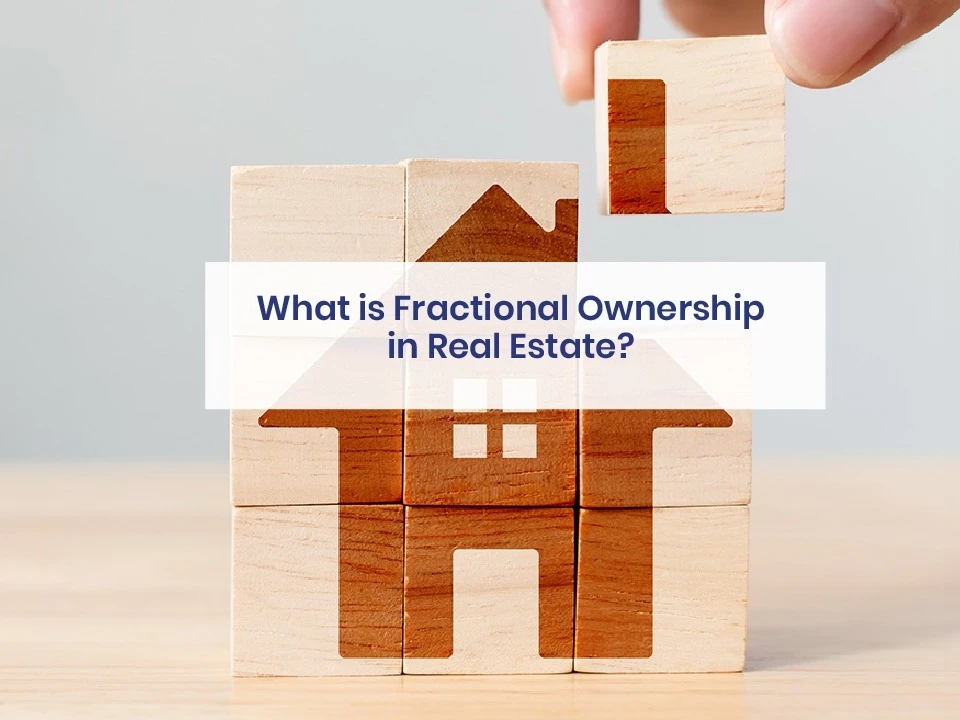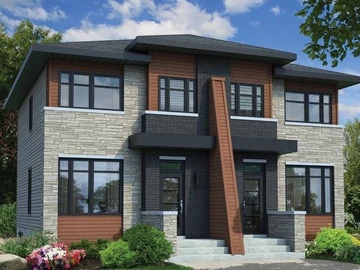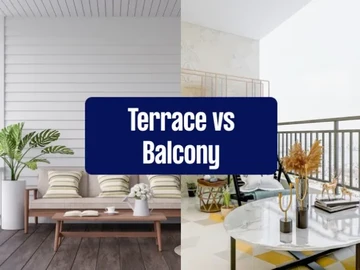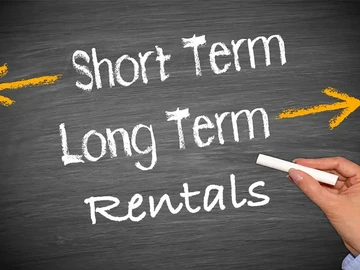As property prices rise and homeownership becomes increasingly aspirational, many Zimbabweans are turning to joint property ownership a collaborative path into the real estate market. This ownership model allows two or more individuals to co-invest in a residential, commercial, or investment property, sharing rights, responsibilities, and returns.
Whether you’re buying a home with family, friends, or business partners, co-ownership can be a practical way to build wealth through Zimbabwe real estate, provided it’s approached with the right structure and foresight.
Why Co-Owning Property Can Be a Smart Move
- Shared Financial Commitment
Buying property jointly allows co-owners to pool funds for the property purchase, reducing the burden of home loan repayments, transfer costs, legal fees, and ongoing property maintenance. This model opens up access to suburbs, cluster homes, and apartments that might otherwise be financially out of reach. - Greater Buying Power
When several buyers combine their financial strength, they can qualify for higher mortgages or access prime locations in places like Borrowdale, Mount Pleasant, or Avondale. This means more desirable properties, better amenities, and improved long-term value. - Risk Distribution
Property comes with financial uncertainties—vacancy periods, emergency repairs, and market shifts. With shared property investment, the risk is spread among multiple stakeholders, reducing the exposure for each individual.
Challenges of Joint Real Estate Ownership
- Disagreements on Decision-Making
From renovations to rental pricing, joint decisions can become complex especially when co-owners have differing goals or priorities. Without a clear framework, even minor decisions can become flashpoints. - Limited Autonomy
Each person’s authority is tied to their ownership percentage. This can lead to delays or compromises when urgent or strategic property decisions need to be made. - Difficult Exit Scenarios
If one party wants to sell their stake or exit the agreement, it can complicate the situation for the others. Without a clear exit plan, this often results in drawn-out legal and financial negotiations.
Tips for Smoother Co-Ownership Arrangements
Draft a Legal Agreement
Before buying, it’s essential to create a co-ownership agreement that outlines each party’s share, financial responsibilities, and what happens if someone defaults or wants to sell. This legally binding document can save time, money, and relationships.
Open, Ongoing Communication
Regular meetings, shared digital records, and a clear division of duties help avoid misunderstandings. Alignment on goals whether the property is for rental income, resale, or personal residence is crucial.
Plan for the Future
Include exit clauses, buyout terms, and dispute resolution steps in your agreement. Flexibility with legal backing helps maintain harmony when unexpected changes occur.
Fractional Ownership: A Modern Spin on Property Investment
Fractional property ownership is an alternative model where multiple investors buy shares in a property typically high-end, fully managed real estate such as holiday homes or luxury townhouses. This structure is gaining traction globally and presents intriguing possibilities for Zimbabwean real estate investors.
Pros of Fractional Ownership in Property
Lower Entry Costs
Investors only purchase a fraction of the property, significantly reducing upfront costs while offering access to premium assets.
Portfolio Diversification
Instead of committing to one property, investors can spread capital across multiple fractional units in different areas Mitchel Park, Greendale, or even Victoria Falls.
Professional Property Management
A specialised management company handles bookings, maintenance, tenant screening, and revenue collection, freeing investors from day-to-day administration.
Personal Enjoyment Periods
Some fractional ownership models allow owners to enjoy the property for a set number of weeks per year ideal for vacation properties or second homes.
Cons of Fractional Ownership
Restricted Access
Each owner gets usage during specific periods, which can result in scheduling conflicts, especially during peak seasons.
Harder to Sell Your Share
Unlike traditional real estate, fractional shares can take longer to resell, as the buyer pool is more limited.
Potential Management Disputes
Even with a third-party company involved, disagreements over usage schedules or expenses can occur.
Market Exposure Remains
Property value fluctuations, rental income dips, or management failures still affect returns—just like in traditional ownership.
Legal Considerations for Shared Ownership in Zimbabwe
If you are entering a joint property ownership deal in Zimbabwe, it is crucial to understand the laws governing property rights, co-ownership structures, and dispute resolution.You may also want to consult a lawyer to register joint deeds of transfer, especially when multiple parties are listed on a title deed.
In the event of unresolved disputes, parties can also approach Zimbabwe’s Rental Housing Tribunal, also known as the Rental Board, which deals with landlord-tenant issues and could provide additional support in shared rental ownership disagreements.
Final Thoughts
Joint ownership and fractional property investment can be excellent ways to access Zimbabwe’s property market with less capital and more financial security but they’re not without risks. With solid agreements, clear communication, and legal support, these models can help investors grow wealth while navigating the country's evolving real estate landscape.
 Continue with Facebook
Continue with Facebook
 Continue with Email
Continue with Email














